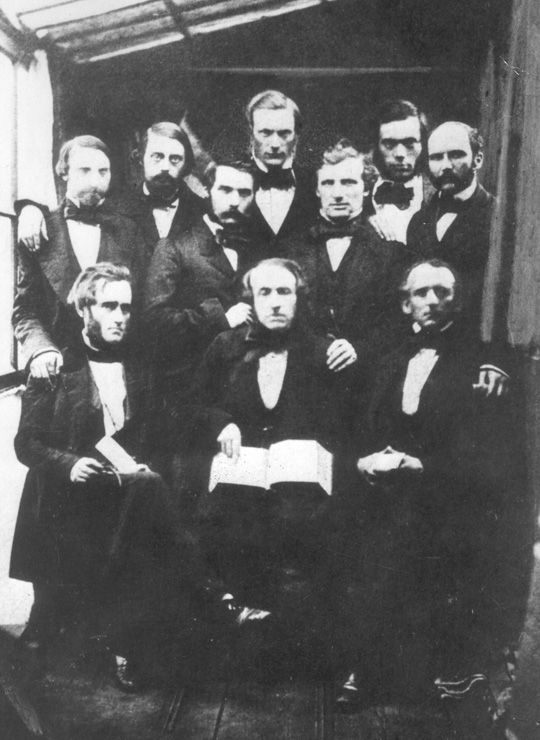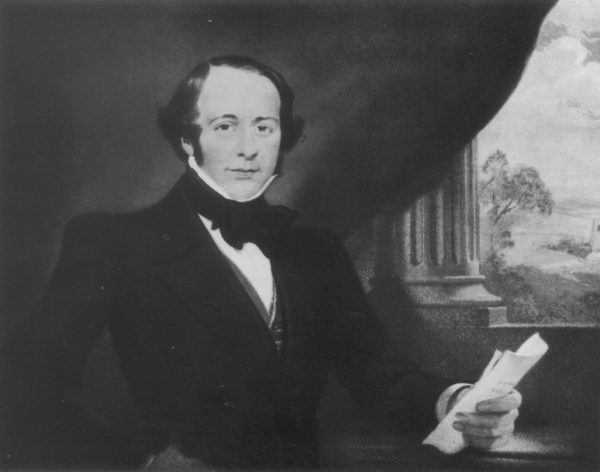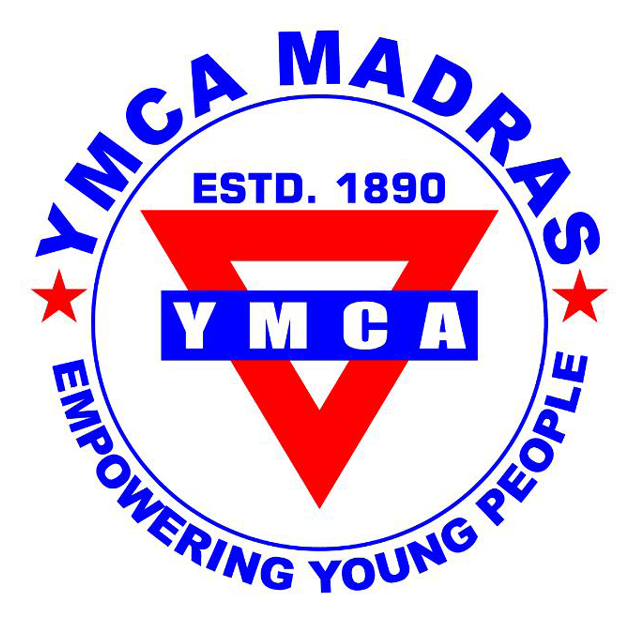YMCA International History

Standing, left to right(5) : 1) W. Heyblom, Netherlands. 2) E. Renevier, France. 3) T. H. Gladstone, Great Britain. 4) E. Laget, France. 5) Max Perrot, Switzerland.
Back row, left to right (2): 6) Henry Dunant, Switzerland. 7) T. H. Tarlton, Great Britain.
Sitting, front row, left to right (3) : 8) A. Stevens, USA. 9) Sir George Williams, Great Britain. 10) G. Dürselenen, Germany
First YMCA World Conference in Paris, 1855
On 6 June 1844, Sir George Williams founded the first YMCA in London, England. The first meeting was held in Williams’ drapery shop in St Paul’s Churchyard and included 12 young men in total. Their objective was the “improvement of the spiritual condition of the young men engaged in houses of business, by the formation of Bible classes, family and social prayer meetings, mutual improvement societies, or any other spiritual agency.”
Sir George Williams wasted no time in organising YMCA branches throughout England, Scotland and Ireland. Over the next 10 years, YMCA movements also began to develop across Western Europe, North America, Australia, New Zealand, and India. The idea of creating a truly global movement with an international headquarters was pioneered by Henry Dunant, Secretary of YMCA Geneva, who would later go on to found the International Committee of the Red Cross and win the first Nobel Peace Prize. Henry Dunant successfully convinced YMCA Paris to organise the first YMCA World Conference. The Conference took place in August 1855, bringing together 99 young delegates from nine countries.
The Conference adopted the Paris Basis affirming YMCA’s mission and purpose, and created the Central International Committee. The committee operated without a headquarters until 1878, when a permanent headquarters and formal structure was created in Geneva, Switzerland. This was a turning point for the Central International Committee that would eventually become known as the World YMCA.
Mission
“Affirming the Paris Basis adopted in 1855 as the ongoing foundation statement of the mission of the YMCA, at the threshold of the third millennium we declare that the YMCA is a world-wide Christian, ecumenical, voluntary movement for women and men with special emphasis on and the genuine involvement of young people and that it seeks to share the Christian ideal of building a human community of justice with love, peace and reconciliation for the fullness of life for all creation.
Each member YMCA is therefore called to focus on certain challenges which will be prioritized according to its own context. These challenges, which are an evolution of the Kampala Principles, are:
- Sharing the good news of Jesus Christ and striving for spiritual, intellectual and physical well-being of individuals and wholeness of communities.
- Empowering all, especially young people and women to take increased responsibilities and assume leadership at all levels and working towards an equitable society.
- Advocating for and promoting the rights of women and upholding the rights of children.
- Fostering dialogue and partnership between people of different faiths and ideologies and recognizing the cultural identities of people and promoting cultural renewal.
- Committing to work in solidarity with the poor, dispossessed, uprooted people and oppressed racial, religious and ethnic minorities.
- Seeking to be mediators and reconcilers in situations of conflict and working for meaningful participation and advancement of people for their own self-determination.
- Defending God’s creation against all that would destroy it and preserving and protecting the earth’s resources for coming generations. To face these challenges, the YMCA will develop patterns of co-operation at all levels that enable self-sustenance and self-determination.”
Sir George Williams (11 October 1821 – 6 November 1905)

George Williams was born in Somerset, England, on 11 October 1821. In 1836 he moved to London to work as an apprentice to a Draper, and by 1841 was himself working as a Draper. He stayed in the accommodation provided by the firm in the same building, and became one of the 150,000 young men who had flooded into the city of London.
On 6th June 1844, George Williams, together with ten Christian young men, established the YMCA. “Our object is the improvement of the spiritual condition of the young men engaged in houses of business, by the formation of Bible classes, family and social prayer meetings, mutual improvement societies, or any other spiritual agency.”
Williams was knighted by Queen Victoria in 1894, and after his death was commemorated with a stained-glass window in the nave of Westminster Abbey. Sir George Williams is buried in St. Paul’s Cathedral.
